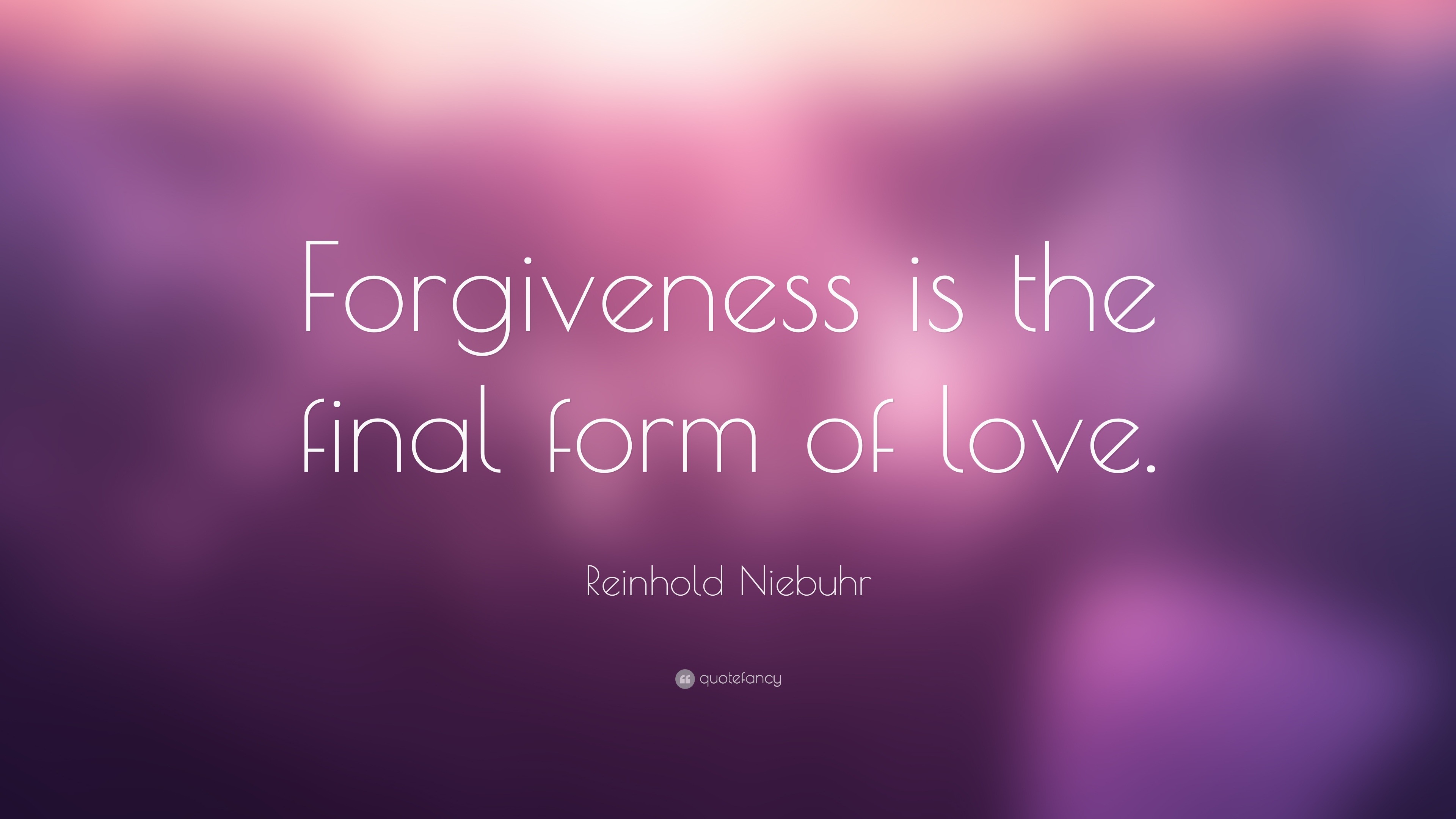Choosing Love
 |
https://i1.wp.com/ldssotd.com/wp-content/uploads/2018/07/We-are-to-be-forgiving-even
-when-it-seems-others-may-not-warrant-our-forgiveness.—Larry-J.-Echo-Hawk.png?fit=940%2C
788&ssl=1
|
In The Seven Principles for Making Marriage Work, Dr. John Gottman lists some keys to managing conflict between spouses:
The Keys to Managing Conflict
·
Negative emotions are important- Even though it is hard to
listen to their negative feelings, remember the motto “When you are in pain,
the world stops and I listen.”
·
No one is Right- There is only two subjective
realities in any marital conflict.
·
Acceptance is crucial- When you let your spouse know
that all their emotions are okay to have, you are communicating to them that
they are acceptable even when sad, angry or anxious.
·
Focus on fondness and admiration- a substantial
fondness-and-admiration system is integral to happy marriages.
Whatever issue they are
discussing, happily married couples send a message to their spouse that they
are loved, accepted, and respected (pp. 157-158)2.
The Fifth Principle
· Soften your start-up- begin
your start-up without criticism, contempt, defensiveness or stonewalling.
Gottman adds that “taking some responsibility for the problem is a very important
part of softened start-up” (p. 164)3.
·
Learn to make and receive
repair attempts- End
discussions that get off on the wrong foot if you have to. Make repair attempts
known (pp. 172-173)4.
·
Soothe yourself and each
other- Take a break; meditate; think
of a tranquil place. Help each other calm down by giving a massage or guiding
each other through meditation.
· Compromise- Compromise is the only
way to solve problems in a marriage. Compromising is about being open to
considering each other’s position and searching for ways to accommodate one another
(p. 184)5.
· Process any grievances so
that they don’t linger- When conflict arises, it is common to revisit past hurt.
Processing these emotional injuries is key to dealing with conflict in a
productive way (p. 188)6.
Elder Lynn G. Robbins gives a humorous analogy between the all too common process of developing a grudge and a simple recipe:
Lynn G. Robbins’ Recipe for Disaster
o
Put
tempers on medium heat
o
Stir
in a few choice words and bring to a boil
o
Continue
stirring until thick
o
Cool
off
o
Let
feelings chill for several days and serve cold
o
Lots
of leftovers
(Robbins, 1998, para.
2)8
“If we can find forgiveness
in our hearts for those who have caused us hurt and injury, we will rise to a
higher level of self-esteem and well-being.” - James E. Faust9.
Elder Faust emphasizes the need to recognize and acknowledge angry feelings. To do so requires humility but when we turn to our Heavenly Father, He will help us. “Only as we rid ourselves of hatred and bitterness can the Lord put comfort into our hearts…” (Faust, 2007, para. 22)11.
The Power of Forgiveness
 |
| https://quotefancy.com/media/wallpaper/3840x2160/42725-Reinhold-Niebuhr-Quote-Forgiveness-is-the-final-form-of-love.jpg |
References
- Gottman, J. PhD. (2015) The Seven Principles for Making Marriage Work. pp. 137 & 139. Potter/Ten Speed/Harmony/Rodale. Kindle Edition.
- Gottman, J. PhD. (2015) The Seven Principles for Making Marriage Work. pp. 157-158. Potter/Ten Speed/Harmony/Rodale. Kindle Edition.
- Gottman, J. PhD. (2015) The Seven Principles for Making Marriage Work. p. 164. Potter/Ten Speed/Harmony/Rodale. Kindle Edition.
- Gottman, J. PhD. (2015) The Seven Principles for Making Marriage Work. pp. 172-173. Potter/Ten Speed/Harmony/Rodale. Kindle Edition.
- Gottman, J. PhD. (2015) The Seven Principles for Making Marriage Work. p. 184. Potter/Ten Speed/Harmony/Rodale. Kindle Edition.
- Gottman, J. PhD. (2015) The Seven Principles for Making Marriage Work. p. 188. Potter/Ten Speed/Harmony/Rodale. Kindle Edition.
- Gottman, J. PhD. (2015) The Seven Principles for Making Marriage Work. pp. 159 & 161. Potter/Ten Speed/Harmony/Rodale. Kindle Edition.
- Robbins, L.G. (1998). Agency and Anger. Ensign. p. 80, paragraph 2.
- Faust, J. E. (2007). The Healing Power of Forgiveness. Paragraph 17. The Church of Jesus Christ of Latter-day Saints Annual General Conference; Saturday Morning Session. Retrieved from https://www.churchofjesuschrist.org/study/general-conference/2007/04/the-healing-power-of-forgiveness?lang=eng
- Robbins, L.G. (1998). Agency and Anger. Ensign. p. 80, paragraph 3.
- Faust, J. E. (2007). The Healing Power of Forgiveness. Paragraph 22. The Church of Jesus Christ of Latter-day Saints Annual General Conference; Saturday Morning Session. Retrieved from https://www.churchofjesuschrist.org/study/general-conference/2007/04/the-healing-power-of-forgiveness?lang=eng
Wow! I know it is so easy to to blame anger on the other's persons actions, but realizing that we have AGENCY over our emotions AND our actions is such a freeing concept... and it frees us from our false conceit that we are responsible for changing other people! Great blog honey!
ReplyDelete